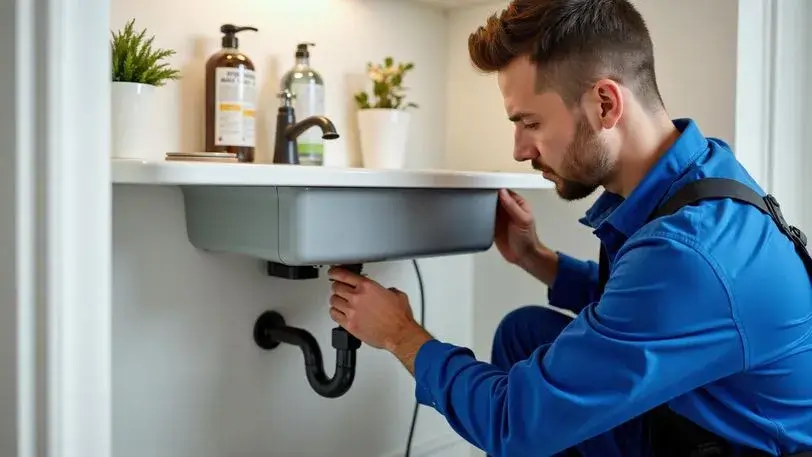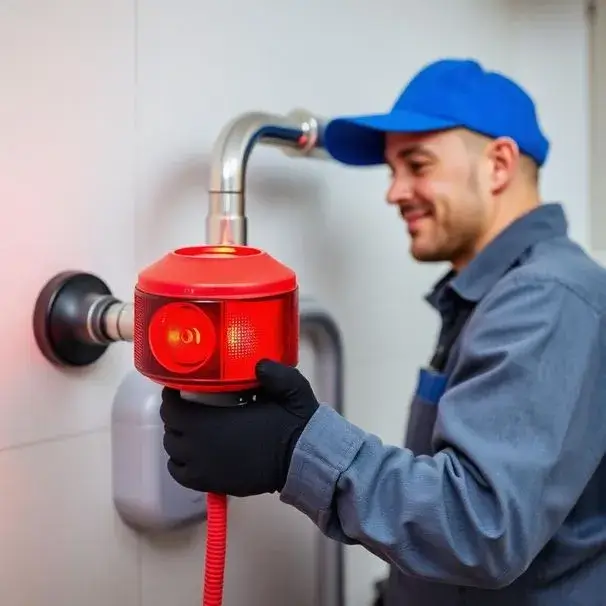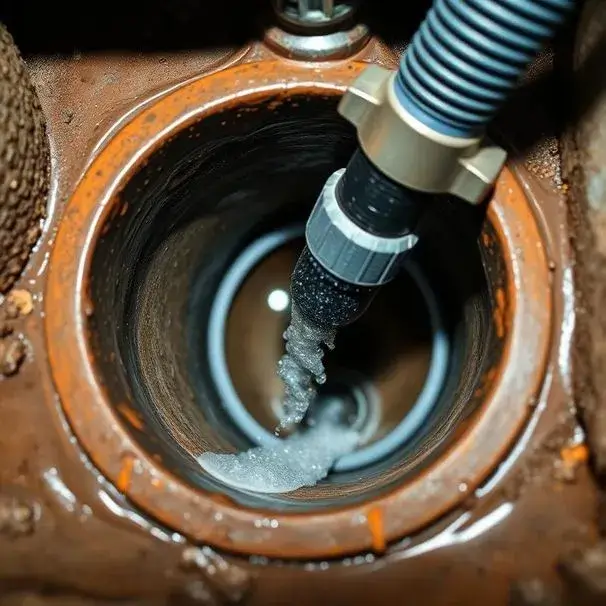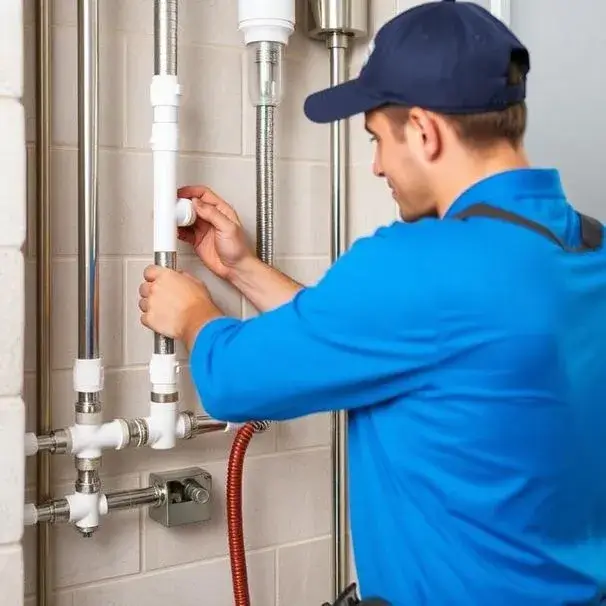Professional Plumbing Services
Expert Plumbing Solutions You Can Trust
24/7 Emergency Repairs • Reliable Service • Licensed & Insured
Our highly experienced plumbing technicians will quickly diagnose and solve your plumbing issues. We offer reliable repair, replacement, and installation services for a wide variety of plumbing systems and components.

Licensed & Insured
Fully certified professionals
24/7 Availability
Emergency service anytime
Experienced Team
Years of expertise
Quality Work
Satisfaction guaranteed
Our Plumbing Services
From emergency repairs to complete installations, we provide comprehensive plumbing services for your home or business.
Frequently Asked Questions
Find answers to common questions about our plumbing services
"We handle residential and commercial plumbing including drain cleaning, sewer repair, water heater repair and replacement (tank and tankless), leak detection and repair, repiping, fixture installation (sinks, toilets, faucets), sump pumps, gas line services, and preventative maintenance."
"Yes. Emergency dispatch is available day and night for burst pipes, sewage backups, major leaks, no-hot-water situations and other urgent problems. Response time varies by location; when you call you'll be given an estimated arrival window."
"Pricing depends on the problem, parts required and labor. Most jobs begin with a diagnostic/service call fee followed by a written estimate for repairs. Major projects like repiping or sewer replacement will receive a detailed estimate. Always ask for an upfront, written price before work begins."
"Yes. Technicians dispatched through this service are licensed or registered where required, carry liability insurance, and undergo background checks. You can request proof of license and insurance before work starts."
"Most repairs include a workmanship guarantee and parts are covered by manufacturer warranties when applicable. Warranty length varies by job type—ask your technician for specific warranty terms for your repair."
"Low water pressure can be caused by mineral buildup in fixtures, clogged aerators, partially closed valves, leaks, corroded pipes, or municipal supply issues. A technician will inspect valves, fixtures and pipe condition to recommend cleaning, repair, or replacement as needed."
"Signs include unexplained increases in your water bill, warm floor areas, sound of running water under the floor, recurring low water pressure, and new cracks in flooring. A professional leak detection specialist can confirm a slab leak using electronic detection and thermal imaging."
"Most technicians accept cash, major credit and debit cards, and some will accept checks. Financing or payment plans may be available for larger repairs or replacements through third-party providers—ask about options during your estimate."
"Clear access to the affected area, remove breakables, keep pets secured, and, if safe, shut off the main water valve for major leaks. Have any relevant warranty information, recent repair history, and questions ready for the technician to speed up diagnosis and repair."
Need Plumbing Services Right Now?
Our team is standing by 24/7 to help with your plumbing emergency
Call Now: +1-844-578-2593

